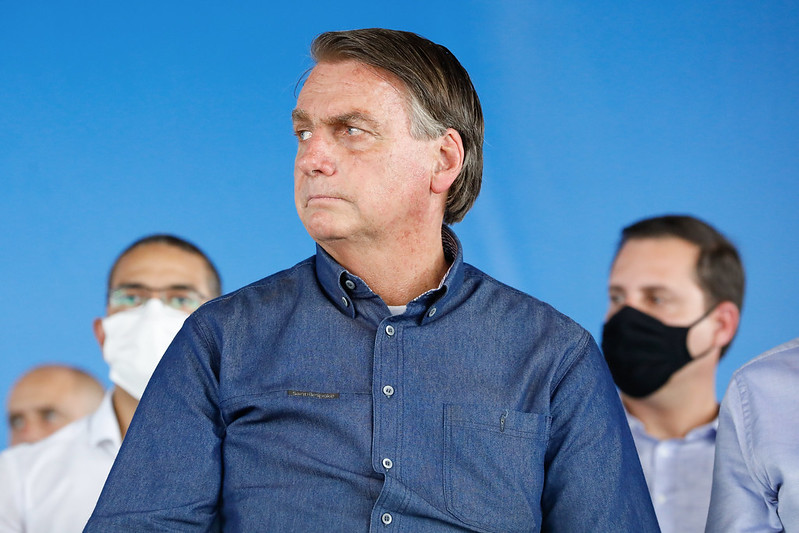The government of former President Jair Bolsonaro spent less than half of the National Public Security Fund, the main source of public security funding for states, municipalities, and other public bodies, new data shows — this despite the fact that Mr. Bolsonaro’s tough-on-crime rhetoric was central to his political persona.
The former president endorsed a hard-line approach to fighting crime and often defended violent police actions that were questioned for their lethality, making him one of the politicians most supported by public security officials.
The fund’s accumulated value reached BRL 6.3 billion (USD 1.3 billion) during the government of Mr. Bolsonaro, almost three times bigger than during all previous administrations since 2011. But only BRL 3.3 million were released for execution, of which 74 percent has not yet been spent.
The data is published in a report released on Monday by the NGO Instituto Sou da Paz. “The excess of bureaucracy between the federal executive and the states remains one of the main challenges for most states to be able to execute projects,” the report says.
This means that the federal government has failed to coordinate the use of resources efficiently. One of the reasons, as the NGO’s executive director Carolina Ricardo points out, is that over the last three years, the transfers only took place after the middle of the year.
The Bolsonaro government even failed to comply with a law that it itself implemented, in 2022, to allocate 5 percent of the fund’s resources to combating violence against women. Only 0.2 percent, or BRL 3.7 million, was directed to that purpose last year.
The National Public Security Fund was created in 2001 and is financed by resources from the state-run lotteries. In 2018, there was a change in the rules regarding the transfers made by Caixa Econômica Federal, the public bank that controls the lottery, which caused annual transfers to increase from around BRL 500 million to BRL 2 billion.


 Search
Search










































